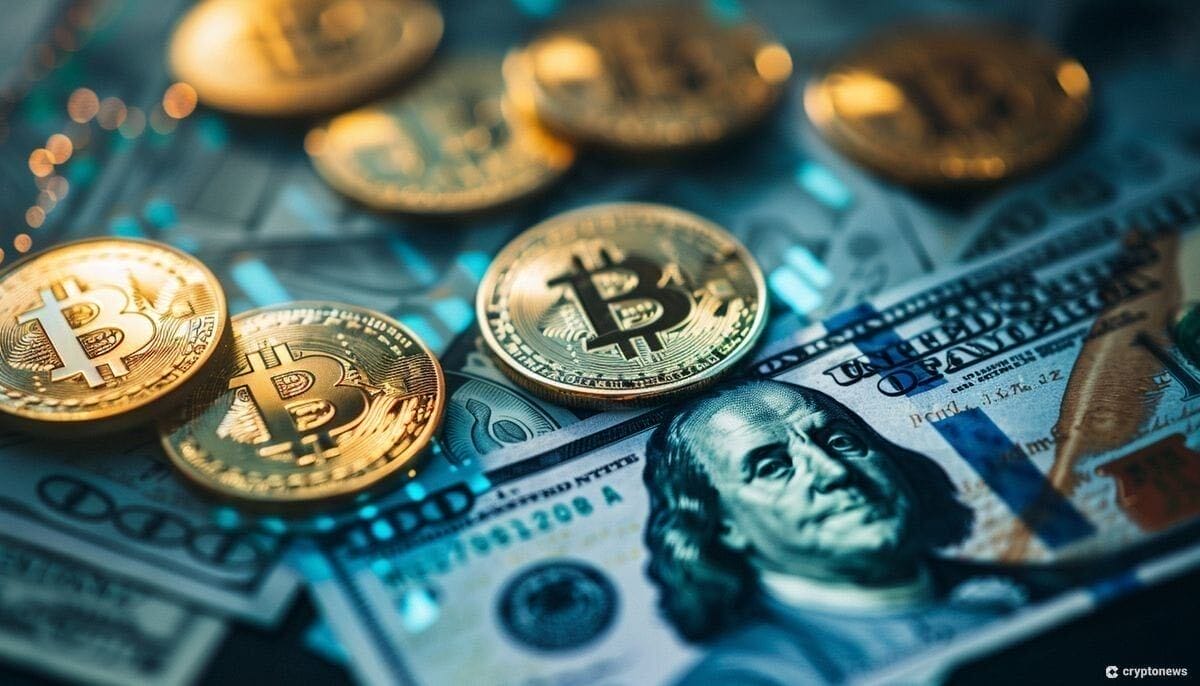SWIFT, the Society for Worldwide Interbank Financial Telecommunication, recently announced that banks in North America, Europe, and Asia will begin live trials of digital asset transactions on its network by 2025. This news marks an important milestone in the journey to enable banks to transact interchangeably across digital assets and traditional currencies. The trials will test the effectiveness of using digital assets for various financial transactions, including payments, foreign exchange, securities, and trade. SWIFT’s Chief Innovation Officer, Tom Zschach, emphasized the importance of ensuring smooth integration of digital currencies with established financial systems for global success.
The first phase of SWIFT’s digital asset transactions trial will focus on payments, foreign exchange, securities, and trade, allowing payments to be processed across multiple ledgers. This experimental phase aims to assess the effectiveness of using digital assets alongside traditional currencies in real-world applications. SWIFT’s participation in Project Agorá earlier this year, led by the Bank for International Settlements, demonstrated the ability to transfer tokenized value across public and private blockchains and interlink central bank digital currencies globally. This trial represents SWIFT’s latest blockchain-related advancement for the global banking network.
SWIFT’s digital asset trials come at a time when traditional finance is increasingly embracing digital assets. Major financial institutions and platforms have been taking steps towards integrating cryptocurrencies into their offerings. For example, PayPal Holdings announced that US merchants will be able to buy, hold, and sell cryptocurrencies from their business accounts. Morgan Stanley, one of the world’s largest asset managers, now allows eligible clients to invest in shares of Bitcoin trust funds. Similarly, BlackRock launched its first tokenized fund, offering investors access to US dollar yields via a token issued on the Ethereum blockchain.
Traditional banking giants like PayPal and Mastercard have also been exploring digital assets. PayPal launched its stablecoin, PYUSD, backed by US dollars, while Mastercard collaborated with JPMorgan and Citibank on tokenized asset settlements for cross-border transactions. Furthermore, Franklin Templeton expanded its blockchain-based money market fund to Arbitrum, a network designed to process Ethereum transactions more efficiently. These developments highlight the growing trend of crypto adoption merging with traditional finance, as more financial institutions and platforms recognize the value and potential of digital assets in the global financial landscape.
In conclusion, the announcement of SWIFT’s upcoming digital asset trials signifies a major step towards mainstream adoption of digital assets in the global banking network. As traditional financial institutions and platforms continue to embrace cryptocurrencies and blockchain technology, the line between digital assets and traditional finance is becoming increasingly blurred. With leading organizations like SWIFT, PayPal, Morgan Stanley, BlackRock, and others actively exploring digital asset solutions, the future of finance is evolving towards a more integrated and interoperable ecosystem. The collaboration between traditional finance and digital assets paves the way for innovative solutions and enhanced financial services that benefit both institutions and consumers worldwide.









